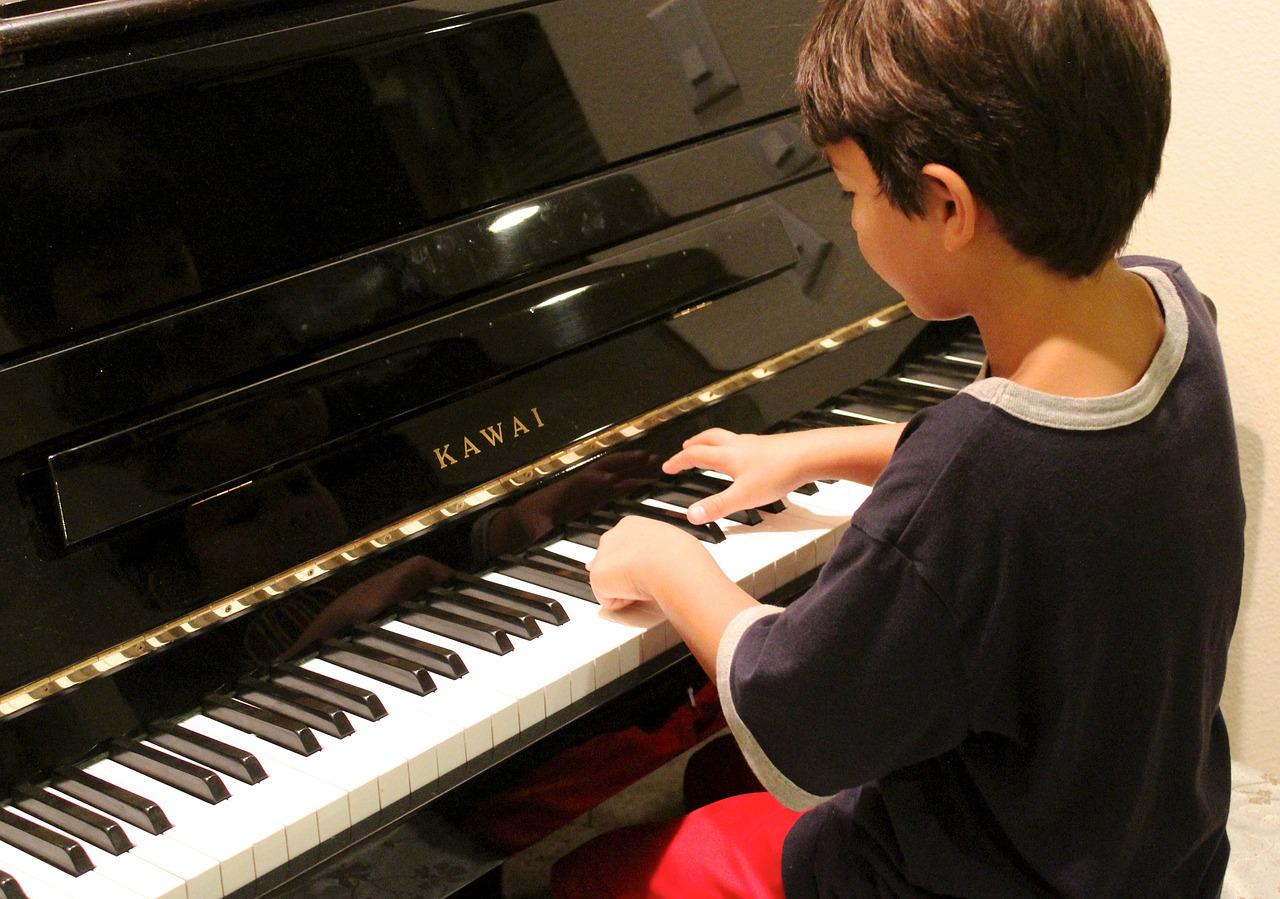Ways to Motivate Your Child to Practice Music
When it comes to teaching your child anything, you can experience several challenges. Most commonly, they find it difficult to concentrate on the learning material and also lose interest sometimes. Even if they are learning music, you will often find them bored and distracted. It is therefore your job to make their lessons interesting and engaging.
Learning music is a rewarding and beneficial activity that helps kids develop their mental capabilities. Moreover, it also makes them more creative, social, and confident. However, if your child doesn’t seem enthusiastic to learn music, this article contains some ways that you can motivate them.
How to Motivate Your Child to Learn Music?
There are several ways you can motivate your child to learn music and also keep them engaged throughout the lesson. Several music teachers, child specialists, researchers, and other experts have come up with various methods that you can also check out.
1. Don’t Treat Music Like Academics
One mistake most parents make is that they force their children to learn music and practice every day like it is their homework. We all know that children are never excited about their academics, no matter how bright they are. Therefore, you need to introduce and treat music like a totally different subject.
Rather, you should tell them that it is an exciting activity that they can enjoy to take a break from their studies. This way, they won’t see it as a burden that they have to endure every day. Moreover, your child should be able to see music as a rewarding activity that they can enjoy after they have completed their homework.
An important thing to remember is that your child will be more enthusiastic about learning music when they get to choose the instrument. This way, they would want to finish their homework early and get around to practicing their music lesson.
2. Give Control to Your Child
If you look back on your childhood, you would know that children don’t like doing everything they are told to do. The poor child has to take instructions from their parents, siblings, teachers, coaches, and other people throughout the day. Plus, if you tell them which instrument to play and how to play it, you will be adding to their burden.
You can let kids control their learning process by setting their own schedule and learning duration. When you give them this control, they can also decide what they want to learn and how to go about it. Once they have decided on their learning outcomes, all that remains for you is to supervise and guide them.
By doing this, your child will feel more valued and respected, but it would also help them realize the importance of daily practice and instill discipline in them.
3. Help Your Child Understand the Benefits of Learning Music
If you want your child to appreciate music and learn it wholeheartedly, you should help them realize its benefits. They should also know that not everyone has the gift of learning music, which is why they should appreciate what they have and utilize it to the fullest. To do this, you also have to foster a love for music in them, and this can be done by taking them to music events, concerts, recitals, etc.
Apart from this, you can show them how learning music makes people more expressive and creative. It also helps them build discipline, which they can apply in other areas of their life. In addition, it would encourage them to put their 100% into everything they do in life. In a nutshell, you can tell them that they won’t be quitters and can do anything they put their minds to.
4. Don’t Make Practice a Chore
In order for your child’s music learning to be effective, you need to make sure that their daily practice isn’t an obligation or daily chore. If you stick with this approach, they might lose interest in it soon and won’t be as enthusiastic as they were before. Rather, you should ensure that they consider music learning to be a fun and rewarding activity.
For this purpose, avoid setting practice times and daily tasks for them to fulfill. As mentioned above, the control should be in their hands, and they should decide how much they want to learn daily.
5. Encourage Them to Perform
Apart from fostering musical skills in your child, it is also important to give them a chance to showcase their musical skills in front of other people. You can arrange for them to perform in school events and open mics, local concerts, and other events in the neighborhood. If they know that they will get the chance to perform, they will practice harder and become better at playing the instrument.
This concludes our guide on how to motivate your child to practice music. Above all, make sure that your child is interested in learning music, and they get to choose the instrument they want to pursue. Have a look at Ted’s list for more guidance.

